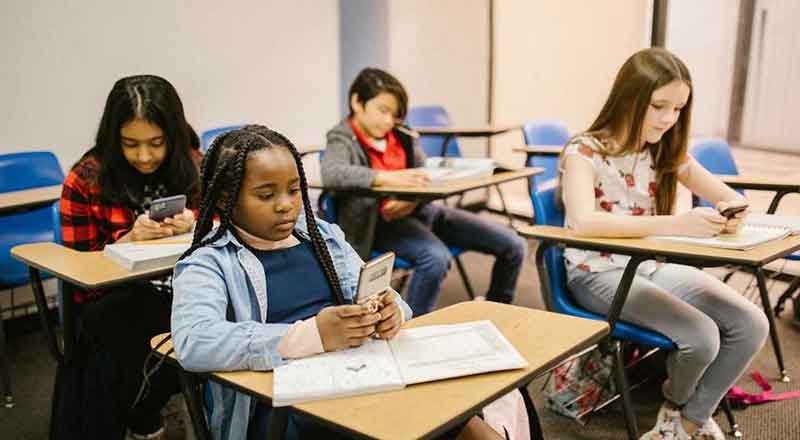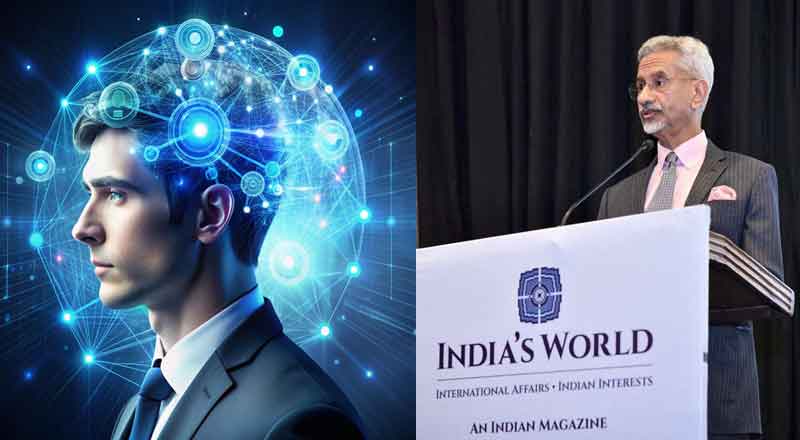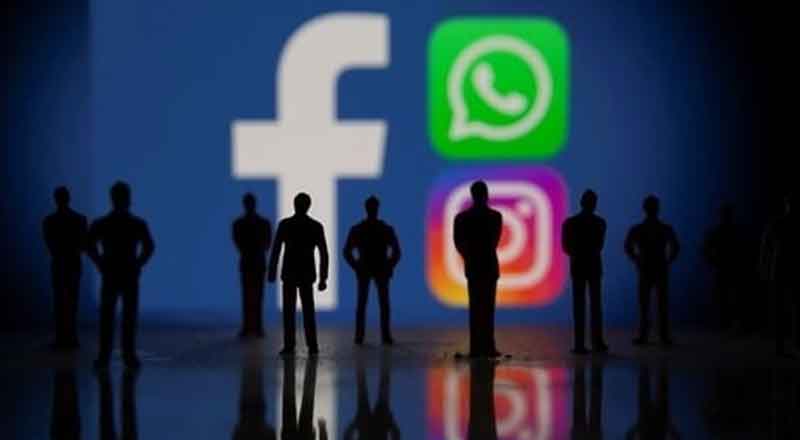- UNESCO’s report on technology in education urges countries to carefully consider how technology is used in schools.
- It also warned of the danger of data leaks in educational tech, as only 16 per cenpercentt of countries guarantee data privacy in the classroom, by law.
- The report has recommended that smartphones should be banned from schools in a bid to tackle classroom disruption, improve learning and help protect children from online bullying.
- “The digital revolution holds immeasurable potential but, just as warnings have been voiced for how it should be regulated in society, similar attention must be paid to the way it is used in education,” said Unesco’s director general
A new UN report raised concerns about the excessive use of smartphones, calling for them to be banned in schools worldwide. According to the UN’s education, science, and culture agency UNESCO, the overuse of mobile phones impacts learning.
A report by the United Nations has recommended that smartphones should be banned from schools in a bid to tackle classroom disruption, improve learning and help protect children from online bullying.
According to a news agency, the UN’s education, science, and culture agency, Unesco, said there was evidence that excessive mobile phone usage was linked to reduced educational performance. High levels of screen time had a negative effect on children’s emotional stability as well, it added.
The Unesco report highlighted that digital technology, including smartphones and artificial intelligence (AI), should be subservient to the “human-centered vision” of education and should never replace face-to-face interaction with teachers. “Not all change constitutes progress. Just because something can be done does not mean it should be done,” the report stated.
The UN agency warned policymakers against an unthinking embrace of digital technology and asked them to take heed of the “social dimension of education”. “Those urging increasing individualization may be missing the point of what education is about,” it added.
“The digital revolution holds immeasurable potential but, just as warnings have been voiced for how it should be regulated in society, similar attention must be paid to the way it is used in education,” said Unesco’s director general, Audrey Azoulay, as per the outlet.
“Its use must be for enhanced learning experiences and for the wellbeing of students and teachers, not to their detriment. Keep the needs of the learner first and support teachers. Online connections are no substitute for human interaction,” she added.
Further, the Unesco report also pointed out that there is very less robust research to demonstrate that digital technology inherently added value to education. Much of the evidence was funded by private education companies trying to sell digital learning products, it said. Their growing influence on education policy around the world was “a cause for concern,” Unesco stated.
The UN agency urged countries to ensure they had clear objectives and principles in place to ensure digital technology was beneficial to students instead of harming them.
(With inputs from agencies)





